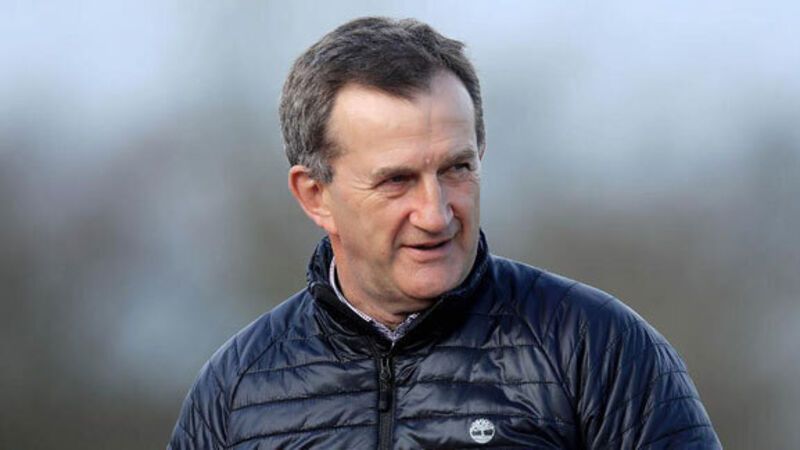Michael Moynihan: Garrett Fitzgerald was a gentleman to his fingertips

You can read in Eddie O’Sullivan’s autobiography an interesting snapshot of life before the bandwagon: in his last season coaching Connacht, O’Sullivan’s players took on Munster in the Sportsground. It was the day before Christmas Eve in 1995.
“I doubt there were 200 people in the ground,” wrote O’Sullivan.














